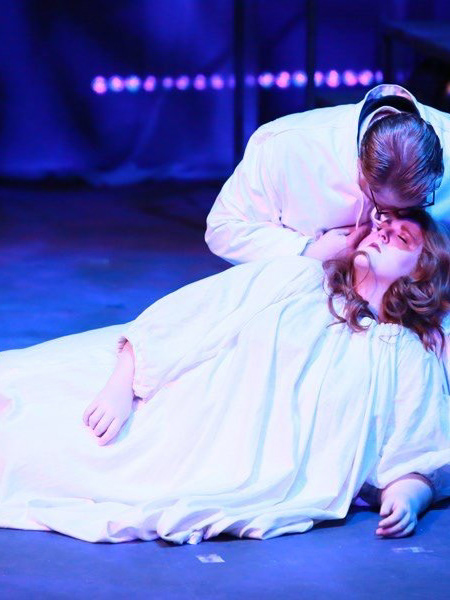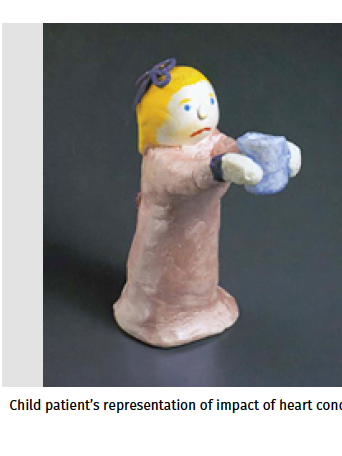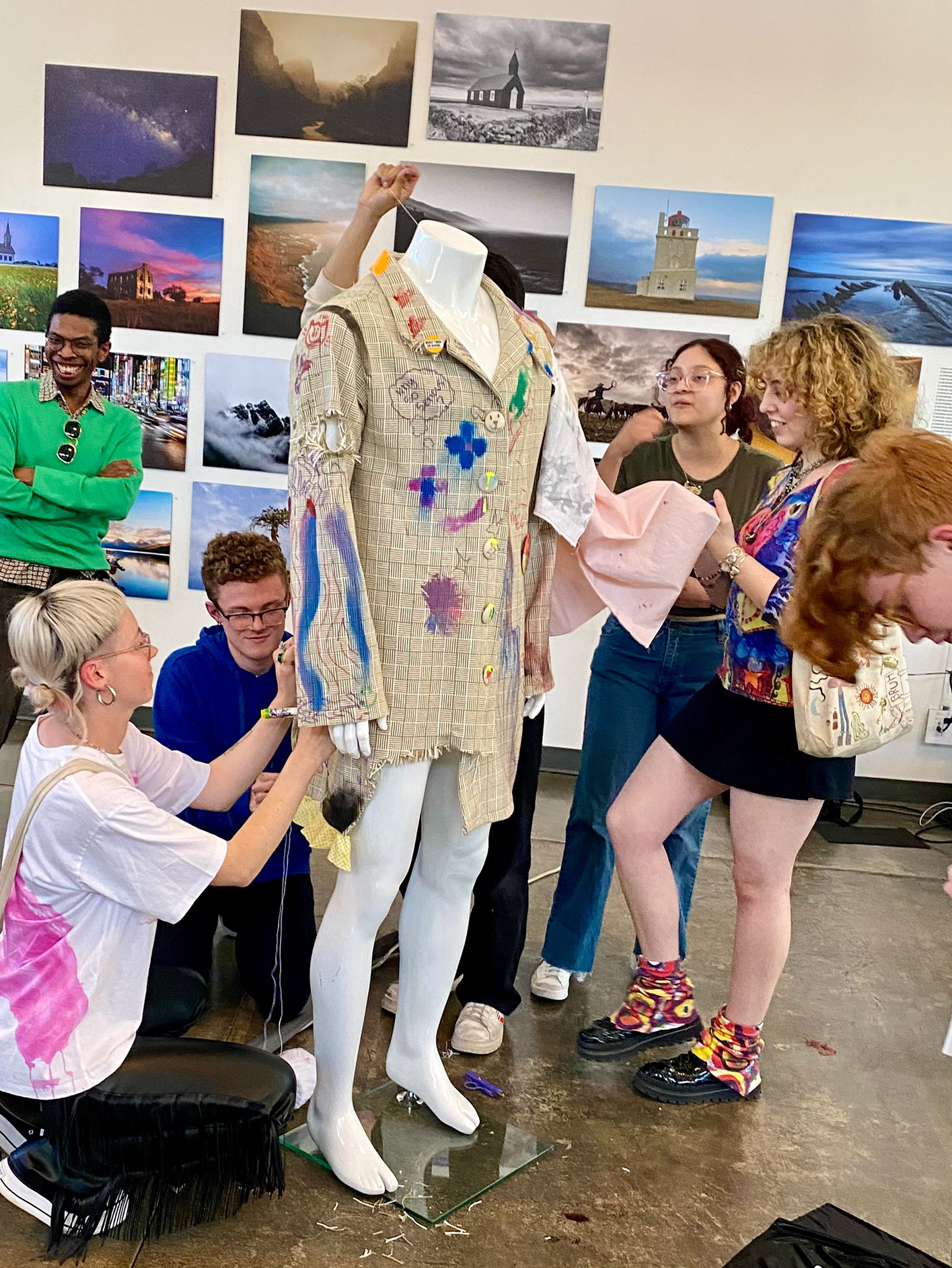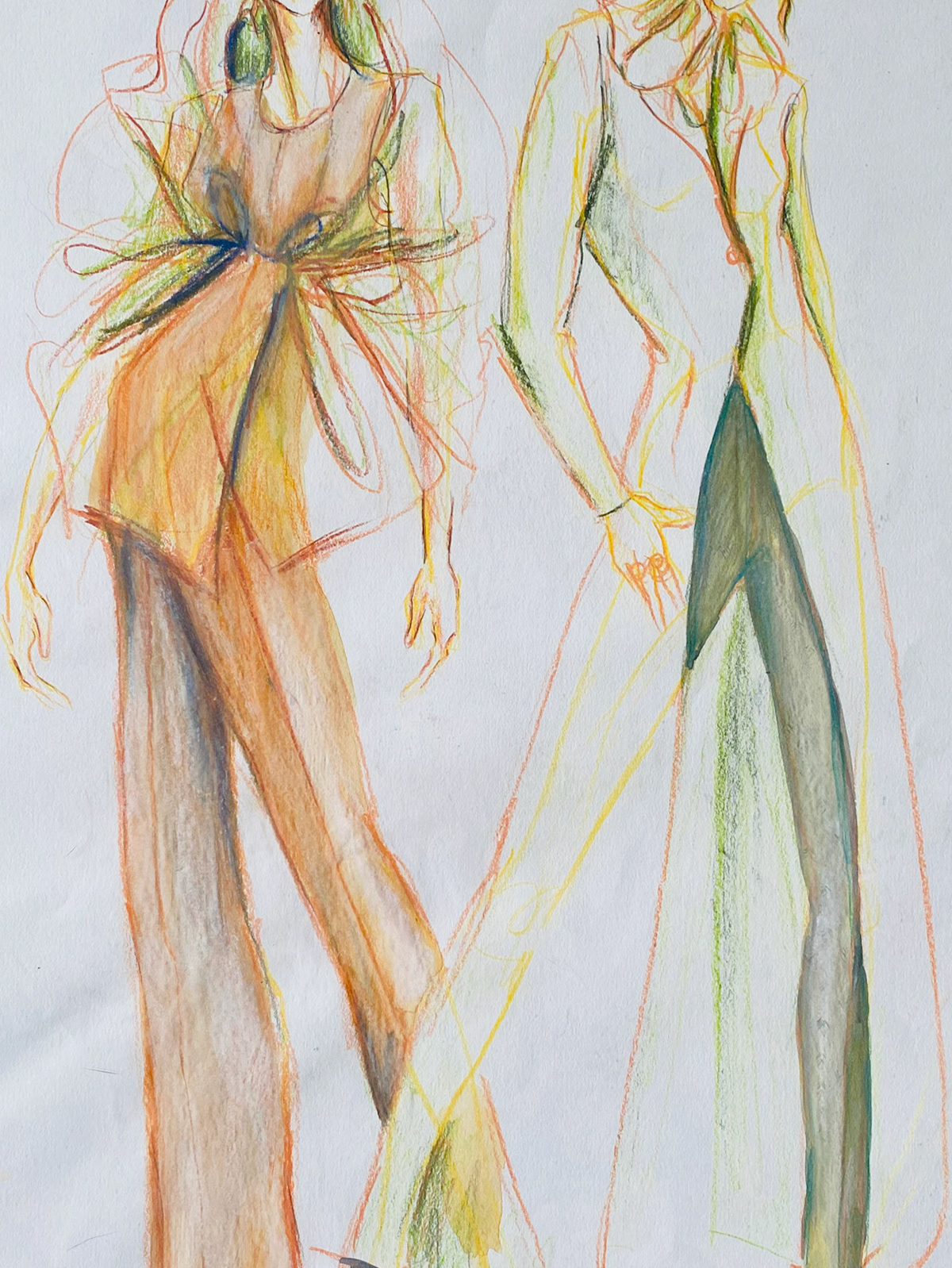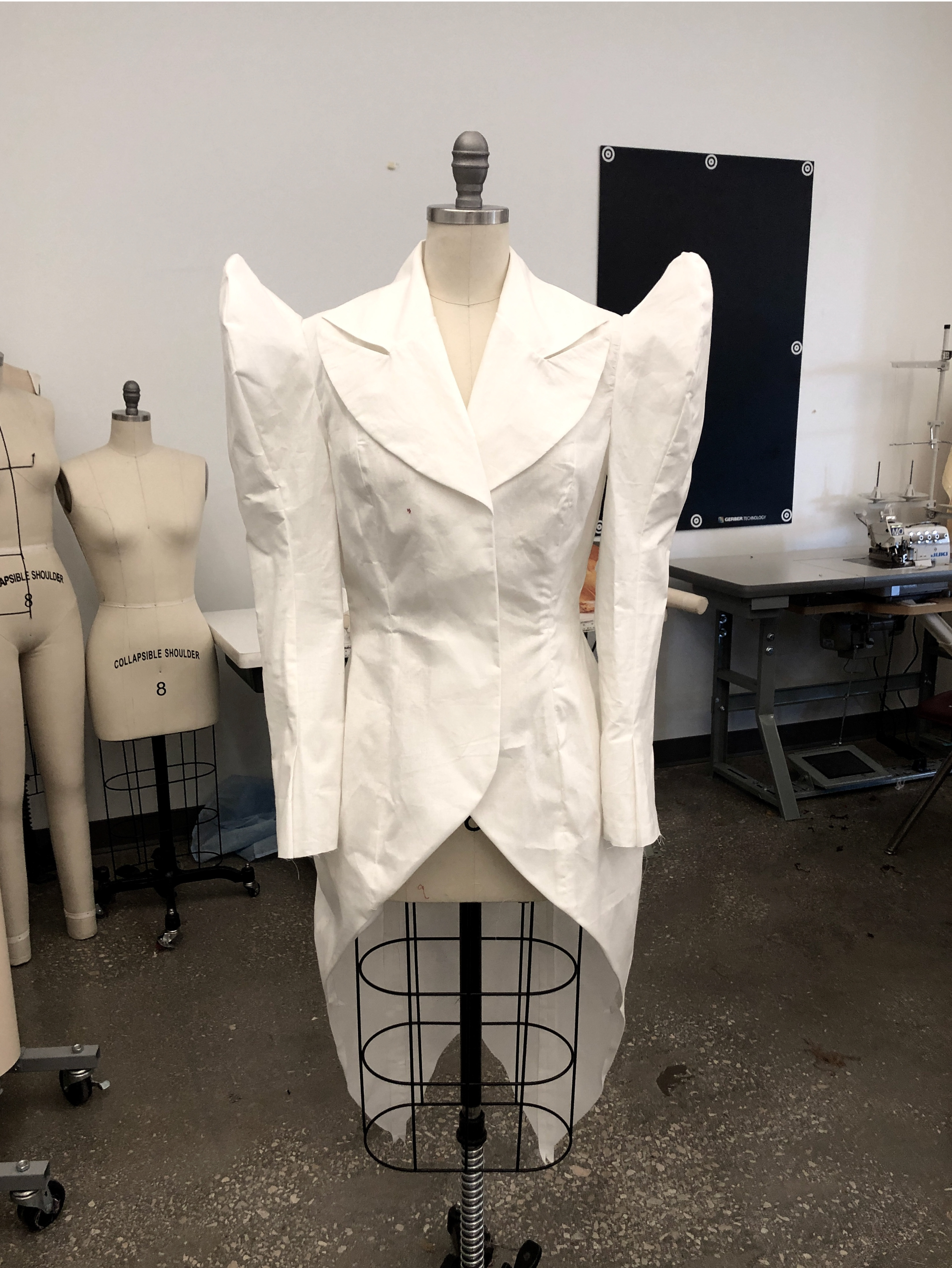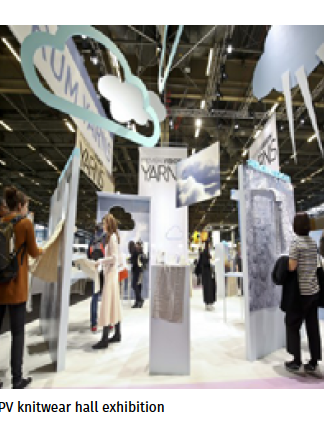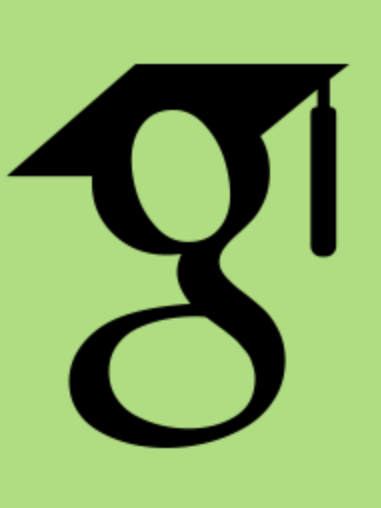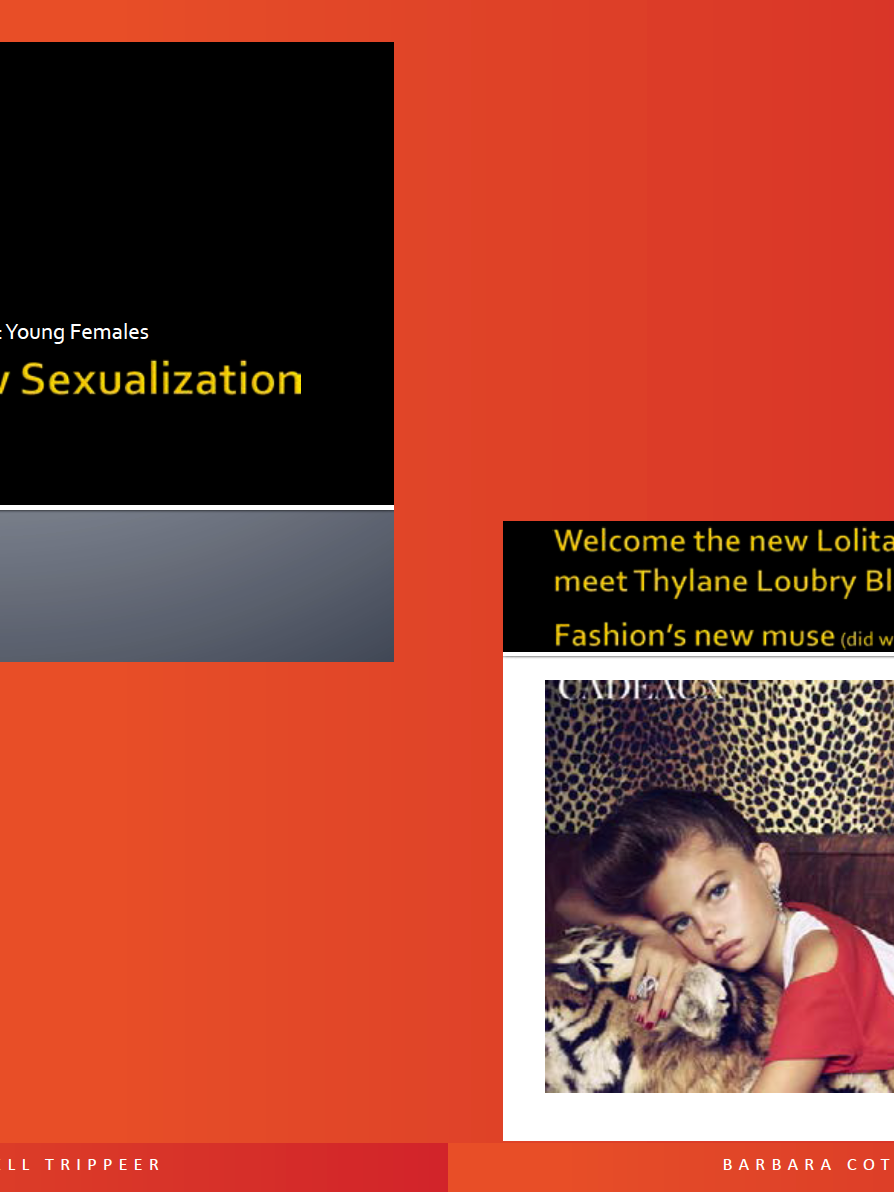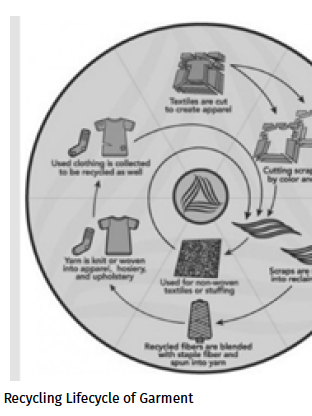The three purposes that drive me as a faculty member and a designer are that of ensuring that my efforts build a legacy of positive impact, significantly benefit my profession by guiding others to be successful, and produce valuable contributions to both my industry and my institution.
Goal One: Positive Impact (Research related goal)
Since my MFA, my research has been focused on actively exploring the question, “What else can fashion do?” Both In terms of its impact on society and the means through artifacts are produced.
Over the last three years, I have applied this goal as a lens through which to approach a range of projects, whether it was as a guiding reason behind my ongoing research in a collaborative project related to biomedical apparel (value: earned a DC Faculty Fellowship), leading sustainability workshops as part of a joint program funded by Cotton Incorporated (impact: awarded $45K in Grant funding, significance: documentation awarded Distinguished Paper by ITAA), or partnering with the College of Music to engage students in alternative platforms from which to address societal changes through their art form (impact: awarded 1st Place Innovative Teaching at the 2020 ITAA conference).
Research Highlights
1. Opera Project: In the Fall of 2019, I collaborated with UNT’s College of Music on re-imagining the characters of Mozart’s Don Giovanni opera through costume representation.
This project allowed me to create value for students by guiding them on how they can use their art form to challenge standard design tropes through visualization of contemporary social issues, such as the me-too and gender identity movements, as well as embed the traditional product development process within client-based collaboration alongside other art forms as part an ongoing live performance, which went on to win 2nd place at the National Opera Association.
I used this project to create an impact by presenting this as part of my scholarship of teaching as an Experiential Client based learning, which I then presented at the 2020 ITAA conference, earning 1st place in Innovative Teaching. The project was also cited as significant because of its press in the Denton Chronicle, D Magazine, and spotlight in UNT’s President’s Message & UNT Today.
2. Cotton Incorporated Grant- Cotton Education and Sustainability:
Impact: At the end of 2019, I was invited by my Fashion Design program coordinator to collaborate on a grant proposal with College of Merchandising, regarding cotton education and sustainable development, and was awarded $45K.
Value: My role in project execution was designed to capitalize on my professional network and secure industry experts to present at our 2020 Cotton Education Symposium, as well as design and coordinate related hands-on experiences student workshops.
Significance: Despite the pandemic of 2020, our team was successful in executing a week-long series of speakers (in virtual format) alongside the experiential workshops, reaching more than 150 viewers. Instead of holding location-based workshops in the Spring, we adapted a “workshop in a box” format which utilized take-home materials in conjunction with a series of guided video tutorials, addressing the needs of more than 75 participants.
3. DC Faculty Fellowship- Cancer Bra Project Inter-Institutional Project
Impact: In the Fall of 2019, I was nominated to be CVAD’s 1st Design Fellow as part of UNT’s inaugural DC Faculty Fellowship program.
Value: This gave me the opportunity to meet face-to-face pre-pandemic with program officers at NIH, NSF, NCI, and NEA, regarding my research related to the development and testing of a sensor-embedded biomedical bra designed to track patient response to specific forms of cancer therapies, which I had begun in 2018 in collaboration with Columbia University and the Fashion Institute of Technology.
Significance: The feedback from the program officers regarding my proposals identified additional needs, such as finding potential industry partners along with addressing the concerns of rural patients. These challenges prompted me to diversify my project team, in consideration of more regional opportunities. As a result, the pandemic as enabled me to broaden my project team by connecting with research partners in UNT’s New College at Frisco, and begin building relationships with regional small businesses and minority groups.
